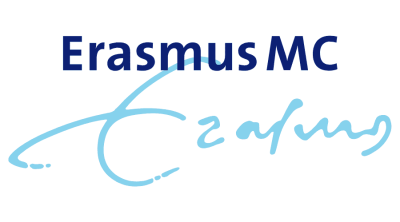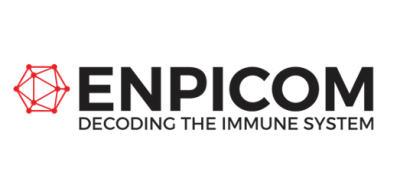Identify Novel Antibodies to Treat Cancer Using Advanced Computational Biology
The goal of CompCaNb is to improve early detection, tumor imaging, and immune-based cancer therapy, advancing the field of antibody-based therapeutics. The antibody and cancer expertise of the Erasmus MC is combined with the computational biology and implementation expertise of ENPICOM BV to create and utilize a database of cancer-specific nanobodies. The best nanobody candidates for each tumor type are selected using advanced computational biology tools, including Machine Learning and 3D protein folding predictions.
The burden of cancer on society is immense: every year, almost 20 million people worldwide are diagnosed with this disease, and approximately 20% will be diagnosed with cancer in their lifetime. Our novel efforts in disease-specific antibodies are crucial to increase the accuracy of cancer detection, improving imaging capabilities and providing more effective personalized treatments. The growing global market for custom antibodies is projected to reach $481 million by 2024 and is driven by new generations of antibodies, innovative conjugation and therapeutic combination strategies.
Our unique approach starts with the generation of billions of nanobodies from which we select and sequence the nanobodies binding to a large panel of cancer cells, derived from over 10 different tumor types. The database of millions of nanobodies with their binding characteristics is analyzed using advanced Machine Learning models to classify the top cancer-specific nanobodies. The protein targets of these nanobodies are identified using gene expression data and 3D protein folding predictions.
If successful, CompCaNb will have generated an extensive proprietary database and novel pipelines for the identification of cancer-specific antibodies. We expect to discover > 200 novel cancer-associated nanobodies from which 20 will be validated for their binding profiles and prediction of their protein target. The database, algorithms and validated nanobodies form the basis for our extended search for disease-specific nanobodies and development of biomarker assays, imaging and immune-based therapies.


